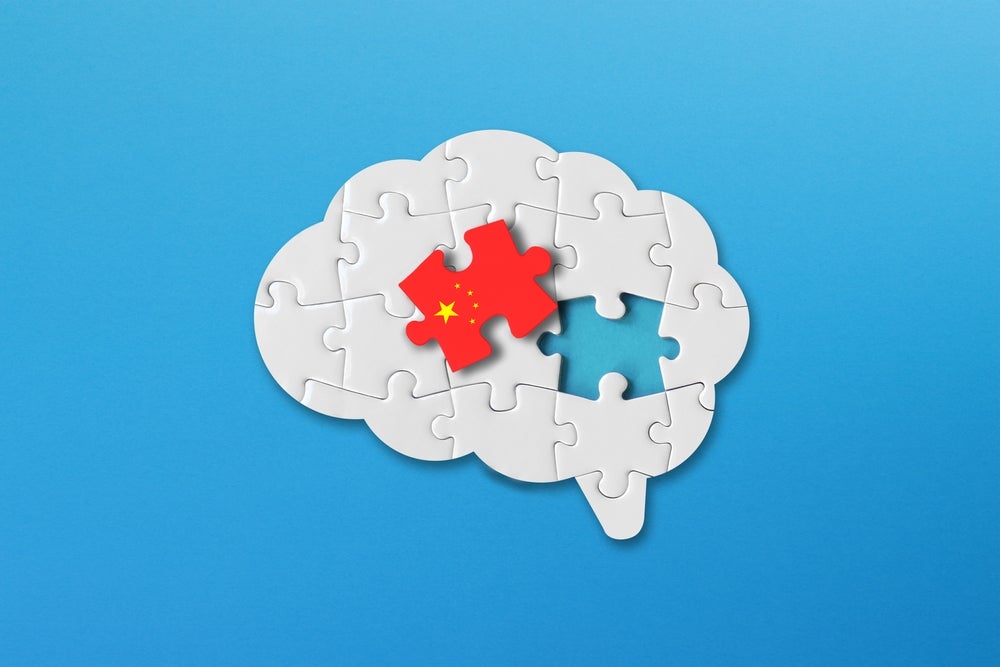AriBio has signed off on exclusive marketing rights for its Alzheimer’s disease treatment candidate AR1001 in China.
The deal, with an unnamed partner, includes an upfront payment of 120 billion KRW ($90m). If certain milestones are met, and with the inclusion of royalties, the South Korean biotech could be in line to receive $770m.
AR1001, a PDE5 inhibitor, is currently being evaluated in the POLARIS-AD Phase III trial (NCT05531526). The randomised trial compares AriBio’s drug against placebo to slow the progression of Alzheimer’s in an estimated 1,150 participants with the neurodegenerative disease. Patients will receive the pill for a year during the treatment portion of the study, with an option to extend it for 104 weeks. The trial’s primary endpoint is the change in the Clinical Dementia Rating Scale after a year.
AR1001 works by inhibiting neuronal death and restoring synaptic plasticity. AriBio says that preclinical studies and a Phase II trial demonstrated the drug’s ability to reduce hyperphosphorylated tau proteins – a hallmark of Alzheimer’s disease.
AriBio highlighted the competitive market for Alzheimer’s drugs in China. The country is estimated to have one the highest populations of patients with Alzheimer’s disease. Japanese pharma company Eisai has plans to roll out its Alzheimer’s drug Leqembi (lecanemab), developed with Biogen, in the region later this year, according to Reuters.
Market competitiveness is the reason AriBio’s Chinese partner requested anonymity, with a public disclosure to come at an “agreed time”.
AriBio’s CEO Matthew Choung said: “We are building momentum in our AR1001 program, as we continue to discuss with other potential partners in Asian countries, the Middle East, South America, as well as Europe and the United States.”
The Alzheimer’s market in the Asia-Pacific (APAC) region is predicted to be worth $2.6bn in 2030, according to a report by GlobalData. The market model places a high level of impact on Leqembi’s launch in the region. Eisai’s monoclonal antibody is approved in the US and Japan. Eli Lilly’s donanemab is also touted to spur APAC market growth in its potential rollout next year. Eli Lilly is currently awaiting an approval decision from the US Food and Drug Administration.
GlobalData is the parent company of Pharmaceutical Technology.
Biogen created ripples in the Alzheimer’s space earlier this year when it announced it was shelving Aduhelm (aducanumab-avwa) to fully focus on leqembi. Leqembi could become one of the biggest selling Alzheimer’s drugs in the future, forecast to generate sales of $12.9bn by 2028, according to GlobalData.









